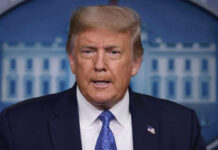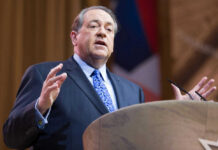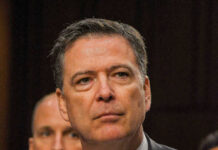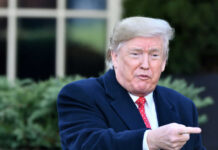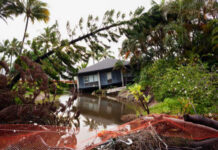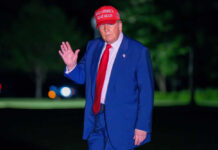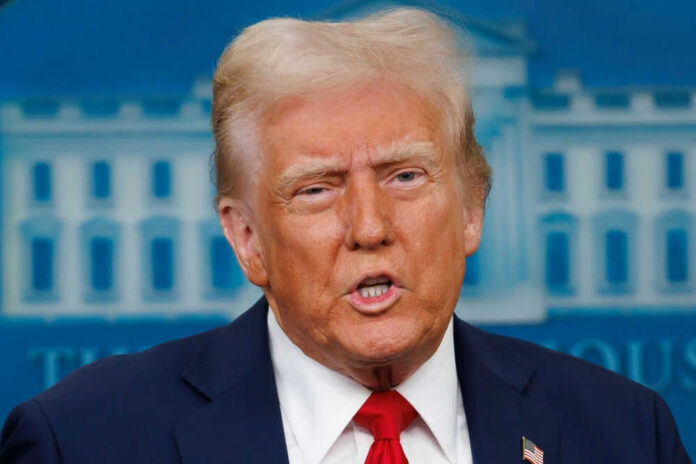
(NationalFreedomPress.com) – The Pentagon’s new journalist restrictions are so severe that even President Trump, a frequent media critic, is distancing himself from them.
Story Overview
- The Pentagon implemented harsh media restrictions under the Trump administration.
- Journalists now need approval to publish sensitive military information.
- President Trump reportedly disagrees with the severity of these restrictions.
- The policy has sparked significant backlash and debate over press freedom.
Understanding the Pentagon’s Media Restrictions
The Pentagon’s new regulations require journalists to seek approval before publishing any sensitive military information. This move has been met with immediate backlash, sparking a heated debate about the balance between national security and press freedom. The rules threaten reporters with the potential loss of their credentials if they fail to comply, a significant escalation in the control over press activities. Critics argue that these measures are unusually strict, even by the standards of an administration known for its contentious relationship with the media.
Despite the administration’s history of adversarial media relations, the introduction of such stringent guidelines has raised eyebrows. The Pentagon’s justification centers on preventing unauthorized disclosures that could compromise military operations. However, the potential consequences for journalists have intensified the controversy, leading to public and political debates about the appropriateness and legality of these restrictions.
President Trump’s Surprising Reaction
Interestingly, President Trump, known for his frequent clashes with the media, has reportedly expressed discomfort with the extent of the Pentagon’s new restrictions. This reaction is notable given his administration’s history of labeling unfavorable coverage as “fake news” and his often combative relationship with journalists. Trump’s apparent disagreement suggests recognition of the potential political and legal ramifications of such overreaching measures.
This unexpected stance has aligned the President with media organizations, a rare occurrence given the ongoing tensions between the White House and major news outlets. The alignment underscores the extremity of the policy and its potential implications for press freedom, setting a unique precedent in media-government relations.
Implications for Press Freedom
The Pentagon’s new rules have both short-term and long-term implications for journalism and public information. In the short-term, there is a chilling effect on military reporting, with journalists potentially withholding information due to the fear of losing credentials. Long-term effects could include legal challenges and a precedent for future administrations to impose similar restrictions. This erosion of press freedom norms may ultimately affect public trust in government transparency.
The broader impact extends beyond the media, affecting military personnel whose actions may receive less public oversight. Additionally, the economic burden on media organizations to comply with or challenge these rules cannot be overlooked. As debates over civil liberties and executive power continue, this issue is likely to remain a flashpoint in discussions about the balance between national security and freedom of the press.
Looking Forward
While the Pentagon defends the restrictions as necessary for national security, media organizations continue to challenge their validity and legality. The situation remains fluid, with the possibility of policy modifications or reversals due to the backlash and presidential discomfort. The ongoing debate highlights the complex relationship between government and media, emphasizing the importance of maintaining a delicate balance between operational security and the public’s right to know.
As the story develops, it serves as a critical reminder of the vital role of a free press in a democratic society. The outcome of this controversy will likely influence future policies and set a precedent for how governments handle sensitive information while respecting press freedoms.
Copyright 2025, nationalfreedompress.com


